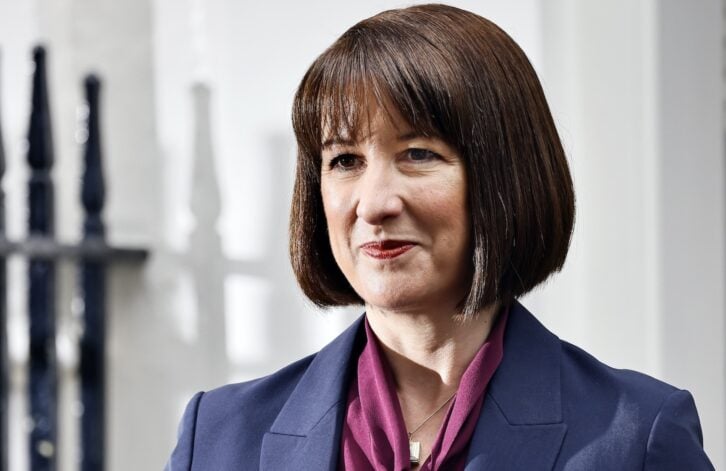Chancellor Rachel Reeves will celebrate the UK’s economic strengths and world-leading universities and scientific institutions in her scene setter speech ahead of this autumn’s budget on November 26.
In the speech, Reeves flags the importance of the UK’s talented and committed workforce, open trading economy and cutting-edge industries, but paved the way for potential tax rises.
Alongside the budget this month, the Office for Budget Responsibility will set out the conclusions of their review of the supply side of the UK economy. Reeves notes that she would not pre-empt those conclusions, but that it is already clear that the productivity performance is weaker than previously thought.
“A less productive economy is one that produces less output per hour worked that has consequences for working people – for their jobs and for their wages, and it has consequences for the public finances too in lower tax receipts,” says Reeves.
“It’s not a question of how hard people work – poor productivity means we are putting in more and getting less out. It means too many businesses and workers don’t have the tools they need.”
Trains that run on time, broadband that’s fast and reliable, access to new technologies, and proper training so people have the right skills for the job were all listed as essentials for such businesses.
Reeves notes that the UK’s growth was the fastest in the G7 in the first half of this year – but doesn’t expect anyone to be satisfied with growth of 1%.
Looking ahead to this month’s budget, Reeves says the first part of the government’s planning reforms will add an additional £6.8bn to the UK economy in the next five years.
“Interest rates, which rose from 0.1% to 5.25% in the last parliament, have now been cut five times, but at 4% they are still a constraint on business borrowing and a burden on family finances,” says Reeves.
“The choices I make in the budget this month will be focused on getting inflation falling and creating the conditions for interest rate cuts to support economic growth and improve the cost of living.”

